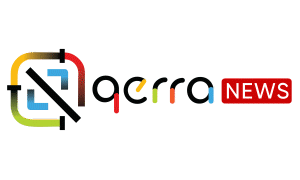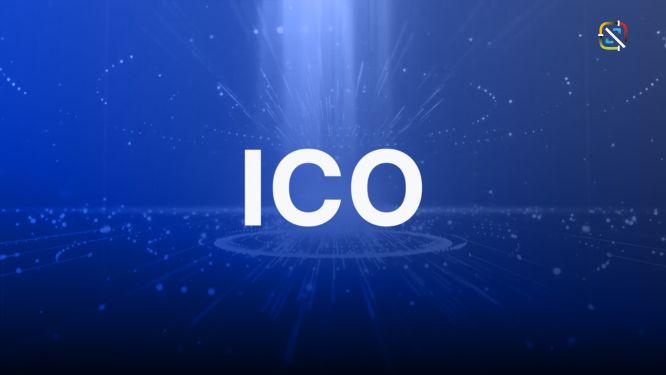
The Nigerian Securities and Exchange Commission (SEC) has taken a pivotal step in the regulation of the burgeoning cryptocurrency industry by issuing its first licenses to local crypto exchanges. This significant move comes amid a backdrop of contentious relations between the government and the wider crypto sector, reflecting Nigeria’s cautious yet progressive approach to digital assets.
In a landmark press release, the SEC announced that Busha Digital Limited and Quidax Technologies Limited have been granted “approval-in-principle” to operate under its Accelerated Regulatory Incubation Program (ARIP). This initiative is a clear indication of the SEC’s commitment to fostering innovation within Nigeria’s capital markets while simultaneously safeguarding investor interests. The regulatory body emphasized that this development is part of its broader mission to integrate emerging technologies into the financial system in a controlled and secure manner.
Buchi Okoro, co-founder and CEO of Quidax, expressed his enthusiasm about the SEC’s decision, stating, “We commend the SEC under the leadership of Dr. Emomotimi Agama for taking the bold step to bring order, confidence, and investor protection to our industry. This is a big win for Nigeria’s embrace of crypto, and we are glad to be a part of this historical moment.” Okoro’s statement underscores the significance of this regulatory approval, marking a new chapter in the relationship between Nigeria’s financial authorities and the crypto industry.
The ARIP, which was unveiled in June 2024, is designed to expedite the compliance process for virtual asset service providers (VASPs) with Nigeria’s updated regulatory framework on digital asset issuance, exchange, and custody. Firms already operating within the country were given a 30-day period to apply for the program or face potential enforcement actions. The SEC’s proactive stance indicates a clear shift towards a more structured and regulated environment for cryptocurrency operations in Nigeria.
Despite these regulatory advancements, Nigeria’s crypto landscape remains fraught with challenges. Notably, the Nigerian government has recently detained two Binance executives—Tigran Gambaryan and Tigran Gambaryan—due to ongoing investigations into the company’s operations in the country since February. Their trial, which is set to begin next week, has sparked widespread debate within the crypto community. In response to the allegations, Binance CEO Refuted Nigerian Government’s Claims, denying any responsibility for the Naira’s decline and highlighting the complexities of operating within such a dynamic and regulatory-sensitive environment.
Nigeria’s crypto adoption rates are among the highest in the world, with a 2023 report from Chainalysis ranking the country second globally in terms of cryptocurrency adoption per capita. This high level of engagement with digital assets has positioned Nigeria as a key player in the global crypto market, making the SEC’s recent actions all the more significant. The formal licensing of Busha and Quidax not only confirms the country’s acceptance of cryptocurrencies but also sets a precedent for other African nations navigating the complex interplay between innovation and regulation.
In addition to approving Busha and Quidax, the SEC also disclosed that five other firms have been admitted to test their new technology under Nigeria’s Regulatory Incubation (RI) program. These firms include Trovotech, a blockchain platform; Wrapped CBDC, a Nigerian stablecoin provider; HousingExchange.NG, a real-estate token platform; Dream City Capital, a digital real-estate investment platform; and Blockvault Custodian, a custody service provider. These companies represent the diverse range of applications for blockchain technology, from stablecoins to real estate, highlighting the SEC’s commitment to fostering innovation across various sectors.
The SEC emphasized that the ARIP and RI programs are currently the only legitimate avenues for entities to operate within the Nigerian capital market. The agency stated, “Other applications received are being assessed and would be granted approval-in-principle on a case-by-case basis as they meet all SEC requirements.” This statement underlines the SEC’s rigorous approach to ensuring that all participants in the crypto space adhere to the highest standards of regulatory compliance.
This move by the Nigerian government marks a significant milestone in the country’s evolving relationship with the cryptocurrency industry. It showcases Nigeria’s willingness to embrace technological innovation while maintaining a robust regulatory framework to ensure market stability and investor protection. As the global crypto landscape continues to evolve, Nigeria’s approach could serve as a model for other nations looking to balance innovation with regulation in this rapidly growing sector.























